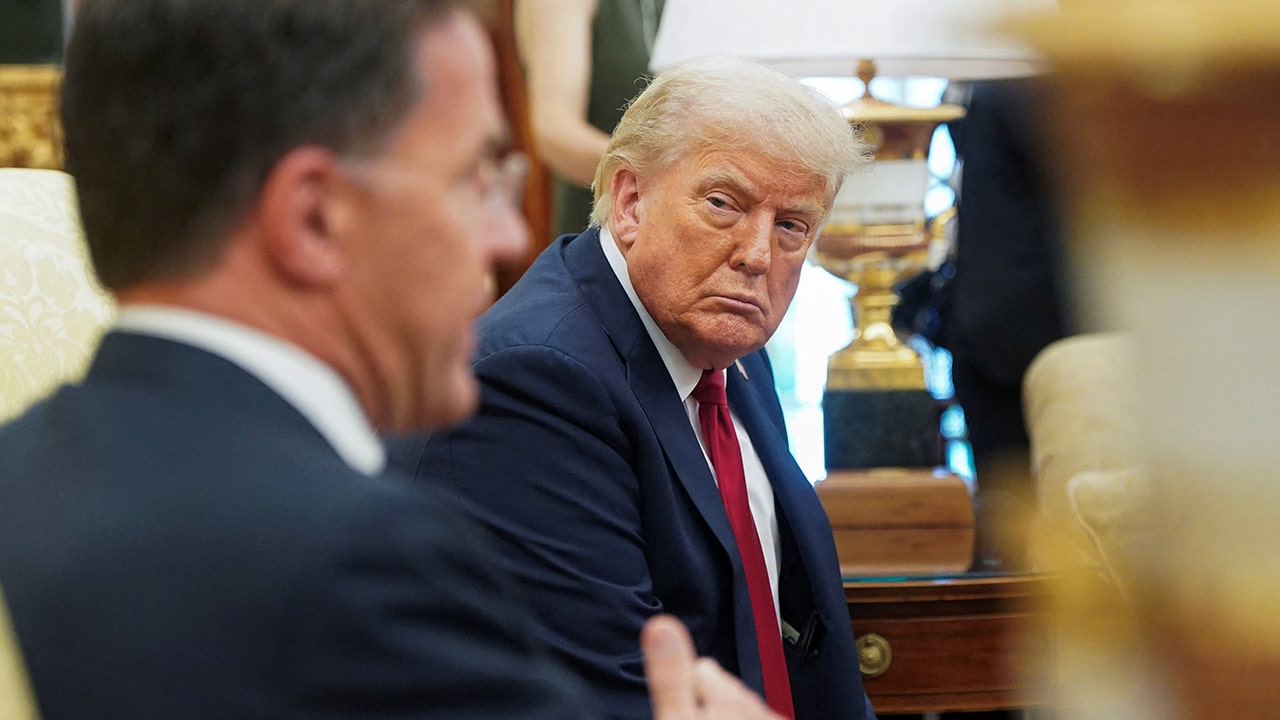Fiscal Hawks Rebel Against Trump-Backed Crypto Bills in House Showdown

House Cryptocurrency Legislation Stalls Amid GOP Rebellion
Conservative Lawmakers Disrupt House Proceedings
A faction of conservative lawmakers has caused significant disruption in the House of Representatives, halting legislative activities on Tuesday. A group of twelve Republicans allied with Democrats to defeat a procedural vote that would have permitted discussions on various measures before individual votes on the House floor.
- Conservative Lawmakers Disrupt House Proceedings
- Uncertainty Surrounds Cryptocurrency Bills
- Concerns Over Senate Amendments
- Potential Senate Inaction Raises Alarm
- Frustrations from Previous Compromises
- Criticism of the GENIUS Act
- Questions from Lawmakers
- Trump Advocates for Cryptocurrency Legislation
- Procedural Votes and Party Lines
- GOP Concerns Over Central Bank Digital Currency
- Speaker Johnson’s Response
- Future of Cryptocurrency Legislation
Uncertainty Surrounds Cryptocurrency Bills
As a result of this rebellion, the House leadership’s plans to vote on three cryptocurrency-related bills and one of the twelve annual appropriations bills concerning the Department of Defense are now uncertain. House leaders are scrambling to address the concerns raised by the dissenting Republicans.
Concerns Over Senate Amendments
Reports indicate that some of the dissenting Republicans expressed apprehensions regarding amendments made by the Senate to one of the cryptocurrency bills, specifically the Guiding and Establishing National Innovation for U.S. Stablecoins of 2025, also known as the GENIUS Act.
Potential Senate Inaction Raises Alarm
Others voiced worries that if the House were to pass the two additional cryptocurrency bills, the Senate might not take them up, effectively sidelining the House’s legislative agenda once again.
Frustrations from Previous Compromises
The frustrations among House Republicans are palpable, particularly among fiscal conservatives who recently felt compelled to accept compromises on legislation they previously opposed, including a significant bill associated with former President Donald Trump.
Criticism of the GENIUS Act
Rep. Marjorie Taylor Greene raised alarms on social media about the GENIUS Act, suggesting it could pave the way for a layered Central Bank Digital Currency (CBDC) that would allow for surveillance capabilities. She emphasized that the bill does not explicitly prohibit a CBDC or safeguard self-custody, which allows individuals to manage their own finances without third-party intervention.
Questions from Lawmakers
Rep. Tim Burchett expressed his reservations after voting against the bill, stating that there were unresolved questions and concerns regarding an amendment related to banking provisions.
Trump Advocates for Cryptocurrency Legislation
Former President Trump took to Truth Social to encourage House Republicans to support the cryptocurrency bills, asserting that the GENIUS Act would position the U.S. as a leader in digital assets, far ahead of other nations.
Procedural Votes and Party Lines
Typically, a House “rule” vote is a straightforward procedural step that aligns with party lines. However, in recent years, it has been used by factions within the GOP to express dissent against leadership decisions.
GOP Concerns Over Central Bank Digital Currency
Rep. Chip Roy articulated the concerns surrounding the Senate’s version of the GENIUS Act, which he believes does not adequately address issues related to a central bank digital currency.
Speaker Johnson’s Response
Speaker Mike Johnson indicated that the House would attempt to revisit the vote after engaging in discussions with lawmakers about their concerns. He acknowledged the need for further dialogue to clarify the issues at hand.
Future of Cryptocurrency Legislation
House Freedom Caucus Chair Andy Harris remarked that the situation would not improve unless there is a commitment to eliminate the central bank digital currency. Speaker Johnson confirmed that the House would make another attempt at the vote, emphasizing ongoing conversations to address the concerns raised by members.
This report reflects the current state of the House’s legislative efforts regarding cryptocurrency and the challenges posed by internal party divisions.







